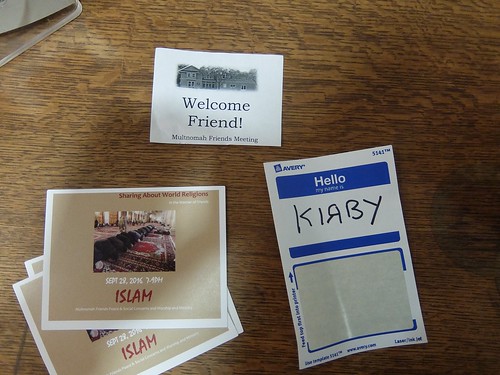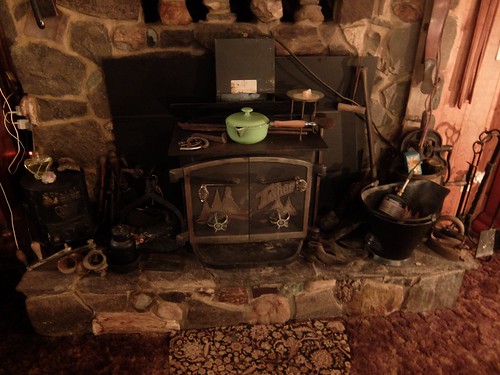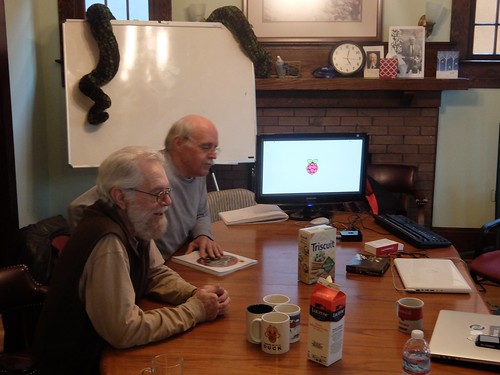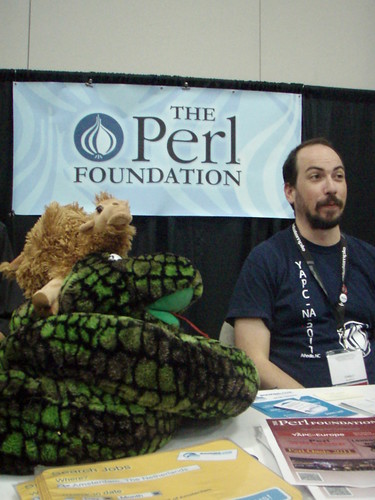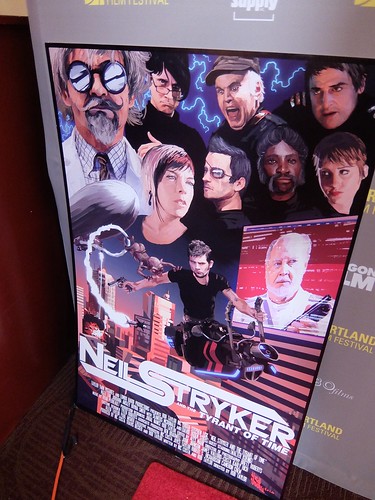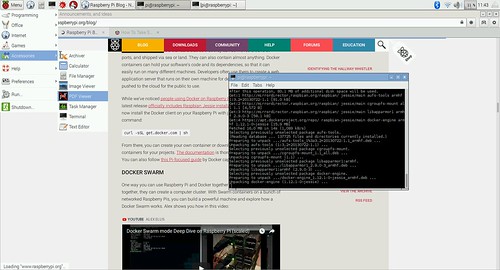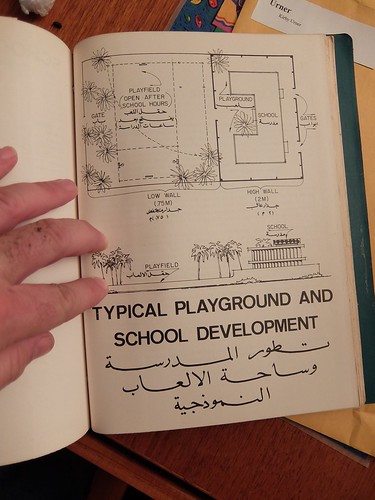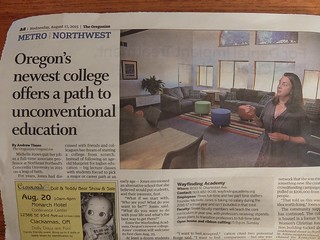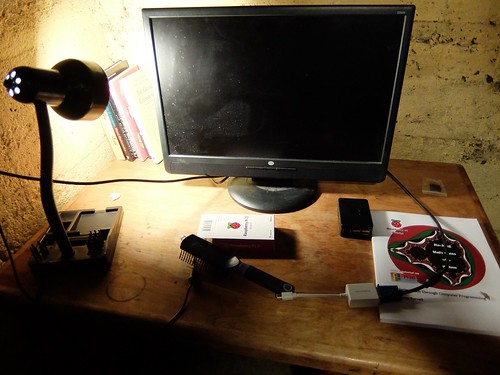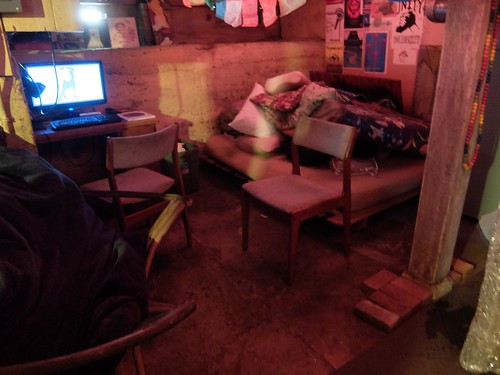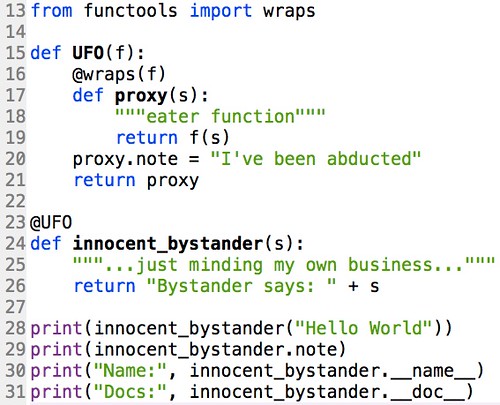@voteyeson97 strategy meetings... https://t.co/WPFJOPoNrc— Kirby Urner (@4DsolutionsPDX) September 29, 2016
We've been putting our heads together, "we" being a clique of Measure 97 supporters, wondering if we might rescue mathematics teachers from their double bind. On the one hand, the high school track is brimming with disappointed students, unable to hack it, but all attempts at reform hit a brick wall. The name of that brick wall is "computer science".
The quality of public debate remains low, as people without the terminology or concepts just cannot participate in the conversation. They stay with what they know, such as "will using a calculator make Johnny too dumb to multiply single digit numbers?" I'm not saying that's an out of bounds question. However for someone living in the Silicon Forest, calculators are not the issue. Lets talk about computers, and about the bash shell. Crickets chirping.
Having been party to these conversations for some decades by now, with thousands of posts to my name in the infamous Forum 206 @ MathForum, I don't see any sudden clearing ahead at the national level. I do see regional and even more local breakthroughs happening. A lot depends on individual teachers, such as Peter Farrell in California, and A. Jorge Garcia in New York. Both of these math teachers understand that "learning to code" and "learning mathematics" are not antithetical (big word, means "not in opposition to one another").
Most of the action is in Twitter-verse from my point of view. That doesn't mean decisions get made there, only that here's an application that lets us study memes, up close and personal. Watch how "AI" and "data science" mix with "big data" and "machine learning" to give us new blends of science fiction, influential simply in their being widespread. I'm not saying these concepts are empty. On the contrary, substantive shifts are afoot. Drilling down through Twitter gives analysts access to some of the most important memes in a highly distilled (refined) form.
We meet on-line, in coffee shops, at brew pubs. I'm not saying we all see eye-to-eye. My talk at Wanderers about matters Raspbian included plenty of Measure 97 talk, 98 as well. Tiz the season. We may not win at the polls, but the opportunities to organize have opened up anyway, and that is for the better.
I'll have more time to devote to these issues, as I conclude my two year term as Clerk of the Information Technology Committee for North Pacific Yearly Meeting. That wasn't a paid gig, given Quakerism is volunteer role playing, for the most part. However I did learn some new project management skills which I'll take with me as we enter this new chapter. That was originally a three year role however the position has a reputation for morphing and I'd rather kick the ball to another team player at this point, now that the job description has changed yet again.
The quality of public debate remains low, as people without the terminology or concepts just cannot participate in the conversation. They stay with what they know, such as "will using a calculator make Johnny too dumb to multiply single digit numbers?" I'm not saying that's an out of bounds question. However for someone living in the Silicon Forest, calculators are not the issue. Lets talk about computers, and about the bash shell. Crickets chirping.
Having been party to these conversations for some decades by now, with thousands of posts to my name in the infamous Forum 206 @ MathForum, I don't see any sudden clearing ahead at the national level. I do see regional and even more local breakthroughs happening. A lot depends on individual teachers, such as Peter Farrell in California, and A. Jorge Garcia in New York. Both of these math teachers understand that "learning to code" and "learning mathematics" are not antithetical (big word, means "not in opposition to one another").
Most of the action is in Twitter-verse from my point of view. That doesn't mean decisions get made there, only that here's an application that lets us study memes, up close and personal. Watch how "AI" and "data science" mix with "big data" and "machine learning" to give us new blends of science fiction, influential simply in their being widespread. I'm not saying these concepts are empty. On the contrary, substantive shifts are afoot. Drilling down through Twitter gives analysts access to some of the most important memes in a highly distilled (refined) form.
We meet on-line, in coffee shops, at brew pubs. I'm not saying we all see eye-to-eye. My talk at Wanderers about matters Raspbian included plenty of Measure 97 talk, 98 as well. Tiz the season. We may not win at the polls, but the opportunities to organize have opened up anyway, and that is for the better.
I'll have more time to devote to these issues, as I conclude my two year term as Clerk of the Information Technology Committee for North Pacific Yearly Meeting. That wasn't a paid gig, given Quakerism is volunteer role playing, for the most part. However I did learn some new project management skills which I'll take with me as we enter this new chapter. That was originally a three year role however the position has a reputation for morphing and I'd rather kick the ball to another team player at this point, now that the job description has changed yet again.
